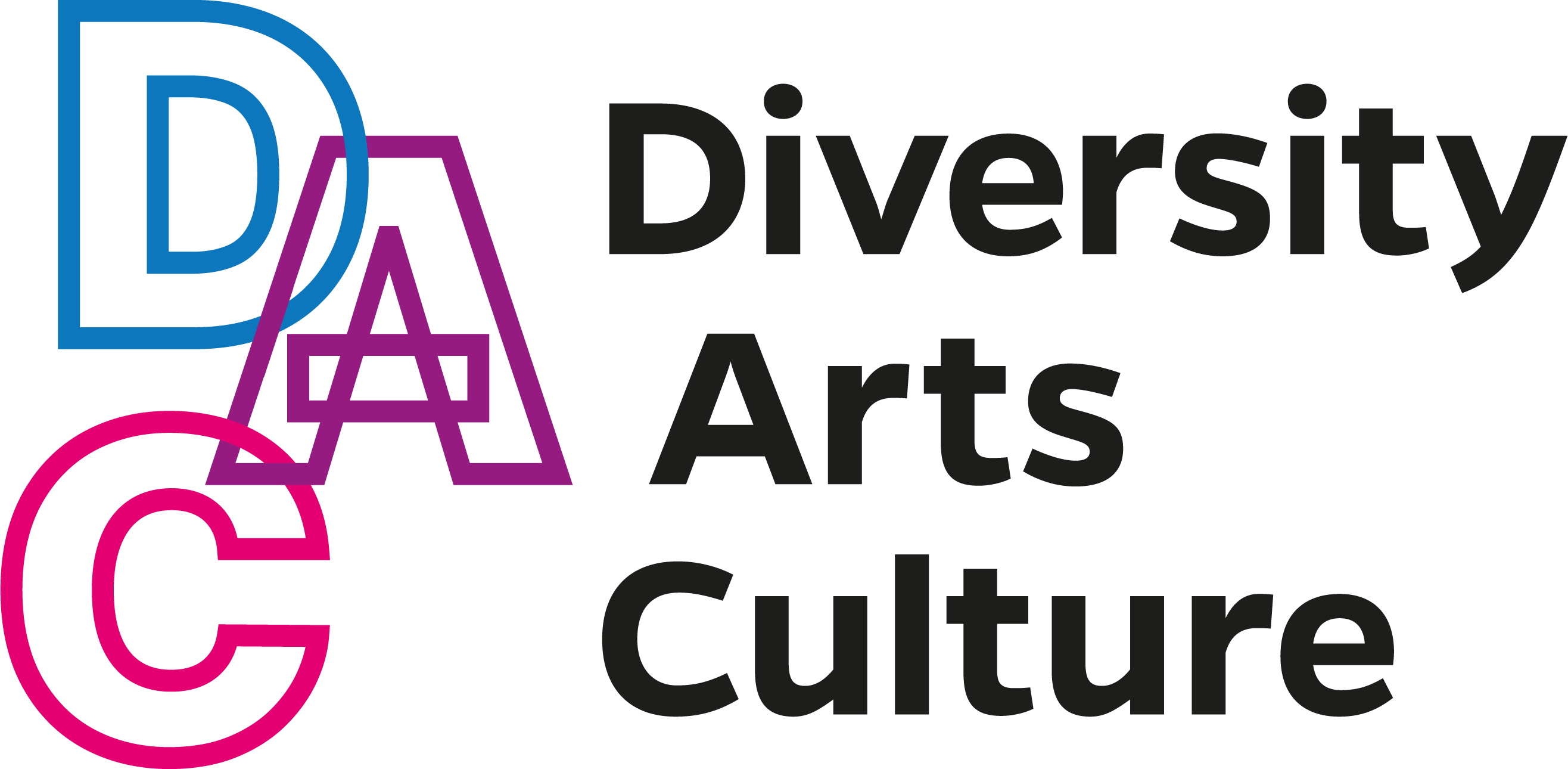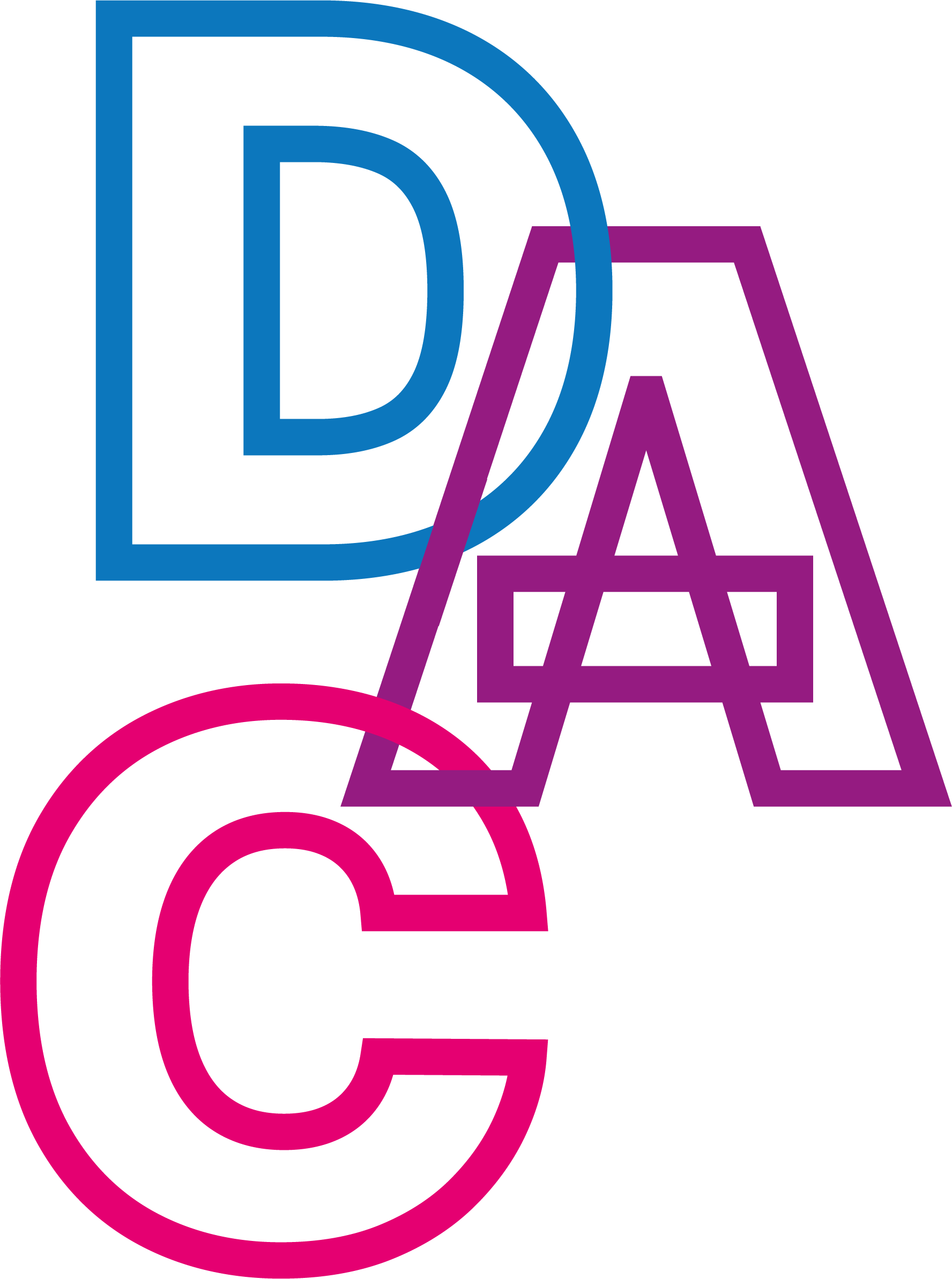Empowerment and Qualification
Our Empowerment Services in Easy German.
Empowerment means that individuals and groups who are disadvantaged within society can acquire tools through targeted strategies and qualification programs to create agency in their lives.
Why Empowerment and Qualification?
Empowerment is often not taken into account in the context of diversity development. However, a comprehensive diversity approach should not only include diversifying cultural institutions, but also empower cultural workers who experience discrimination and provide them with access to knowledge and resources.
The main goal of diversity development is to embed anti-discrimination measures within the cultural sector: These measures must lead to working and starting conditions, which engage discrimination in a sensitive manner as it relates to accessibility and resources. Since diversity development is about long-term structural processes for change, empowerment programming must run parallel to diversity development processes and be offered in separate spaces, which critically engage discrimination. Furthermore, qualification programs and spaces for reflection, which don’t call into question discriminatory experiences of marginalized groups and respond to their specific needs are crucial.
In the spirit of an equal opportunity policy (Gleichstellungspolitik) we see our empowerment programming as an affirmative action measure, which ensures that cultural workers and artists from marginalized communities have equal opportunities within in the cultural sector.
What is Affirmative Action?
“Affirmative action focuses on the persons and societal groups who are protected by EU directives for equal treatment and the [General Equal Treatment Act] to prevent or make up for existing disadvantages. The […] protected reasons for discrimination include: age, disability, ethnicity/race, gender, religion or world view and sexual identity. [...] affirmative action measures are intended to prevent or make up for existing disadvantages persons and societal groups face based on structural discrimination.” (Andreas Merx: “Positive Maßnahmen in der Praxis” (2010))
Our Empowerment and Qualification Services:
We define empowerment as a process during which individual and collective resources of cultural workers and artists from marginalized communities are strengthened. We offer affirmative action measures such as trainings and qualification programs to counterbalance disadvantage and discrimination.
We understand discrimination as intersectional and therefore aim to consider multiple forms of discrimination to the extent possible.
Qualification programs are usually offered in workshop formats, which are led by experts from various fields who are members of the respective marginalized community. Furthermore, we create networking spaces where artists and cultural workers can learn from one another and support and raise each other up.
Our programs include workshops focused on:
- Funding programs and grant application processes within the cultural sector
- Legal questions related to contract law, copyright or anti-discrimination law
- Questions and themes about creative processes
Occasionally we also offer different coaching formats. Furthermore, we offer consultations about the cultural sector landscape and the funding landscape within the arts. We provide contacts to professional associations and anti-discrimination agencies.
To get an overview of empowerment resources, please see our website for details about information centers, consulting services and practical guides on different topics.
Our anti-discrimination consulting service bAD - Beratung Antidiskriminierung bei Diversity Arts Culture is aimed at freelance and employed arts and culture professionals from all sectors who live and/or work in Berlin and who experience or have experienced discrimination.
A list of other contact points and services can be found here:
In unserer Publikation „Call for Access! Leitlinien zur Förderung marginalisierter Akteur*innen im Kulturbetrieb“ veröffentlichen wir Erfahrungen, Bedarfe und Erkenntnisse zur Förderung und zum Empowerment marginalisierter Akteur*innen und formulieren diesbezügliche kulturpolitische Handlungsempfehlungen.
Contact for Empowerment
Bahareh Sharifi
If you are affected by racism in the cultural sector, contact Bahareh Sharifi for information on empowerment services.
Carolin Huth
If you are an artist or cultural worker with a disability, please contact Carolin Huth for information on empowerment opportunities.

